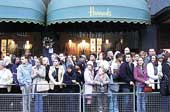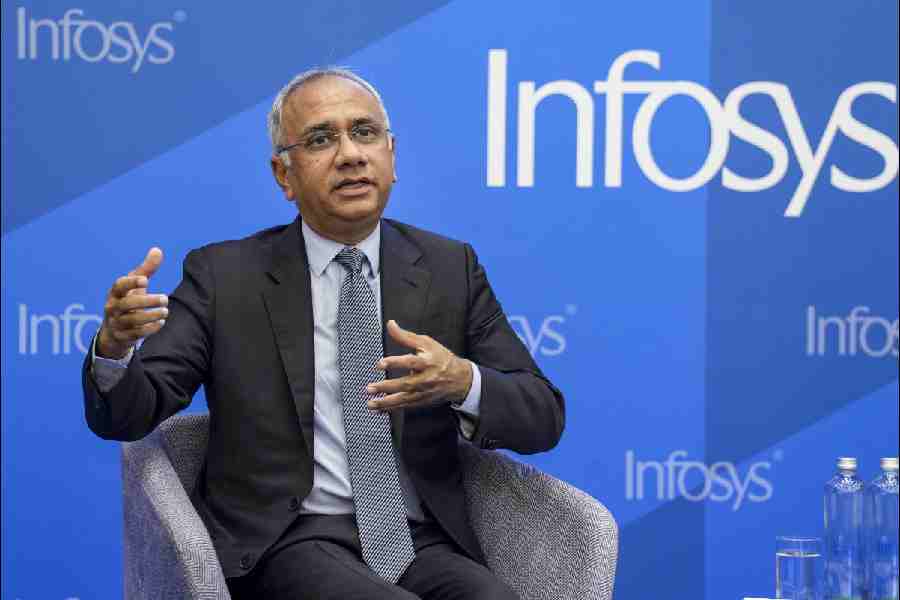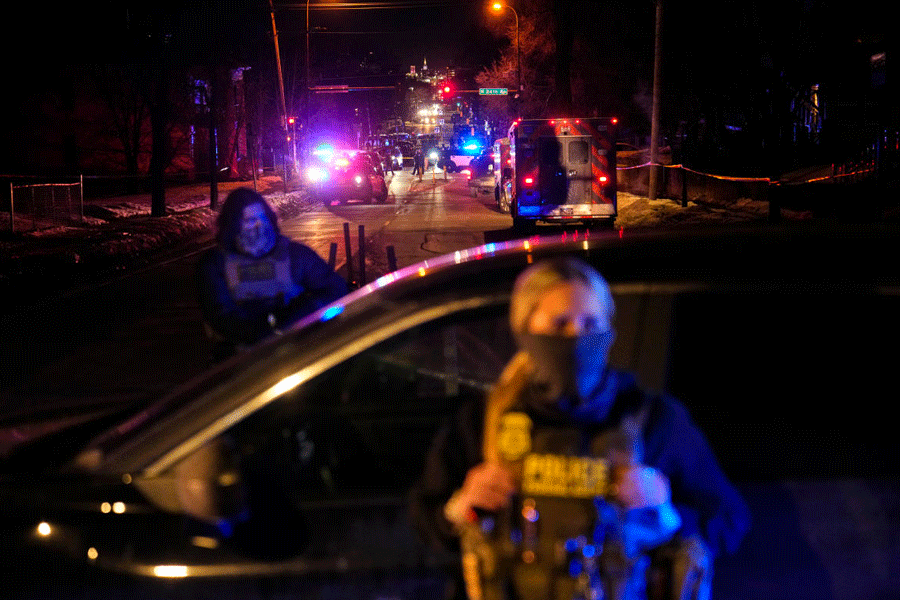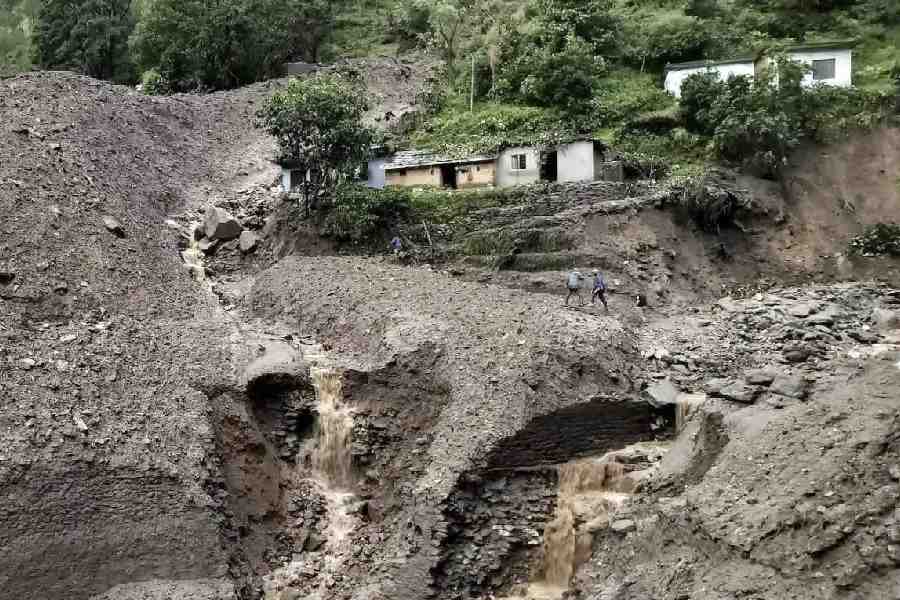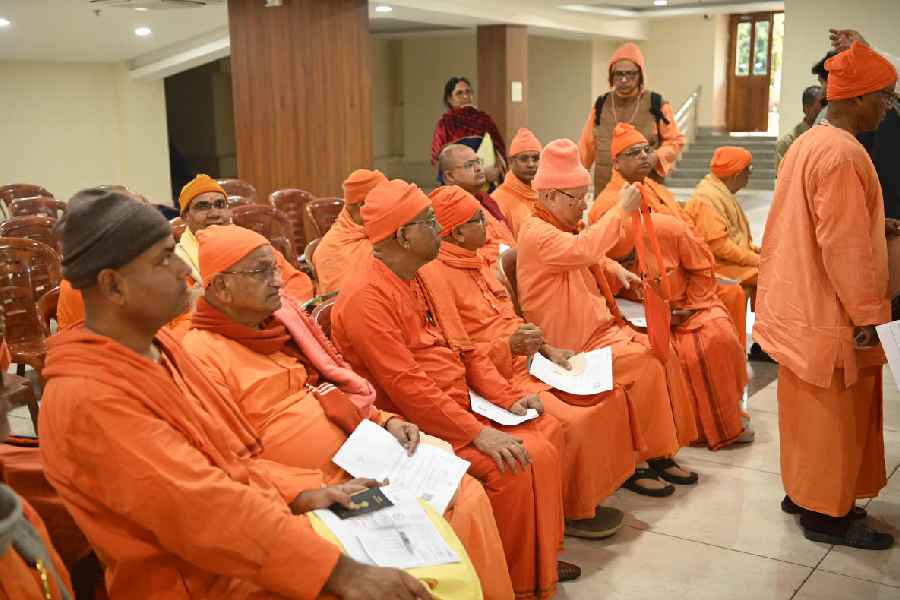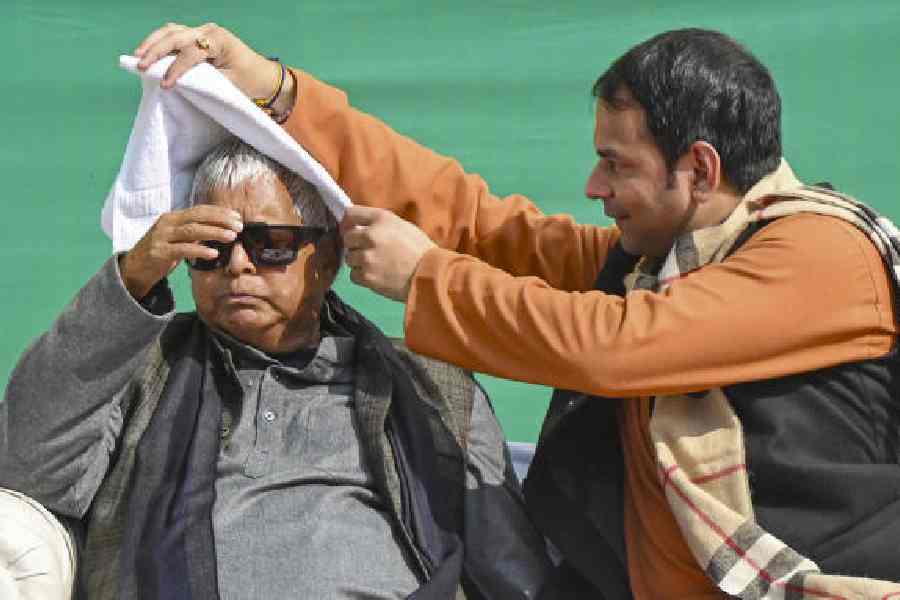 |
| Shoppers at London’s Harrods: Will they be carrying home their stuff in a thonga this season? |
Thonga: Bengali for paper bag, “used for grocery and other everyday shopping”. If this definition is being usurped by the thonga’s plastic brethren in Calcutta, London can now hold the eco-friendly fort. For, the good ol’ thonga is travelling to the Thames, to carry much more than muri.
In a bid to undo the plastic damage and generate income amongst minority groups, thonga technology is being “imported” by England, courtesy a Bengali settled there. Korak Ghosh, who was born and schooled in Calcutta, has been working on a training and business development module to boost the economic conditions of minority groups living in Tower Hamlets, one of London’s inner-city areas. The non-resident Bengali settled in London since the early 90s, with partner organisations, has initiated the project for around 200 target beneficiaries, training them to create or set up small businesses in “funky” thongas of all sizes.
“They are as unremarkable and as commonplace as plastic bags are in Britain,” writes the 40-year-old. The only difference: They are made entirely from reused newspaper. This gives them an edge over recycled products, as the process of the recycling has its own environmental impact. According to Ghosh, the UK uses nine million tonnes of paper and cardboard a year, working out to around six trees per family. The “huge cost to the environment” can only be countered by a responsible society “seeking to minimise waste wherever possible and then reuse and recover it”. In this respect, he is pitching India’s age-old option as “a massive leap forward in green thinking”. But Ghosh — also an independent film-maker who has dabbled in aeronautical engineering, artistic talent scouting and design — has given his idea a twist. Aware that the grey and flimsy packets will not sell, Ghosh is trying to inject some style into the designs. “The project will only succeed if it manages to make a unique and funky product that appeals to the boutique end of the business market,” feels Ghosh. He has samples of standard thongas, on which innovations will be attempted to make them more attractive and durable, with the help of “local designers and multimedia”.
The project is being funded primarily by the Single Regeneration Budget (a government grant for development of deprived communities) and the European Regional Development Fund (for projects generating jobs, infrastructure and creation of small-medium businesses). Ghosh sees the financial impact as two-pronged. It would, primarily, be a source of income for those making the packets.
“Over 60 per cent of men and women from the Bangladeshi and African community, over the age of 40” in Tower Hamlets, are “inactive”. Bangladeshi women’s groups are getting involved “to encourage women to develop social and community enterprises”, with “black and minority ethnic sections” as the main focus. It is also a way of improving the image of stores in the economically-challenged area, “encouraging local businesses and retailers to adopt green packaging as a responsible business marketing point”.
Alternative stationery, including envelopes, grocery bags, gift wrappers and waste bins, will also be marketed to corporate and voluntary bodies.

